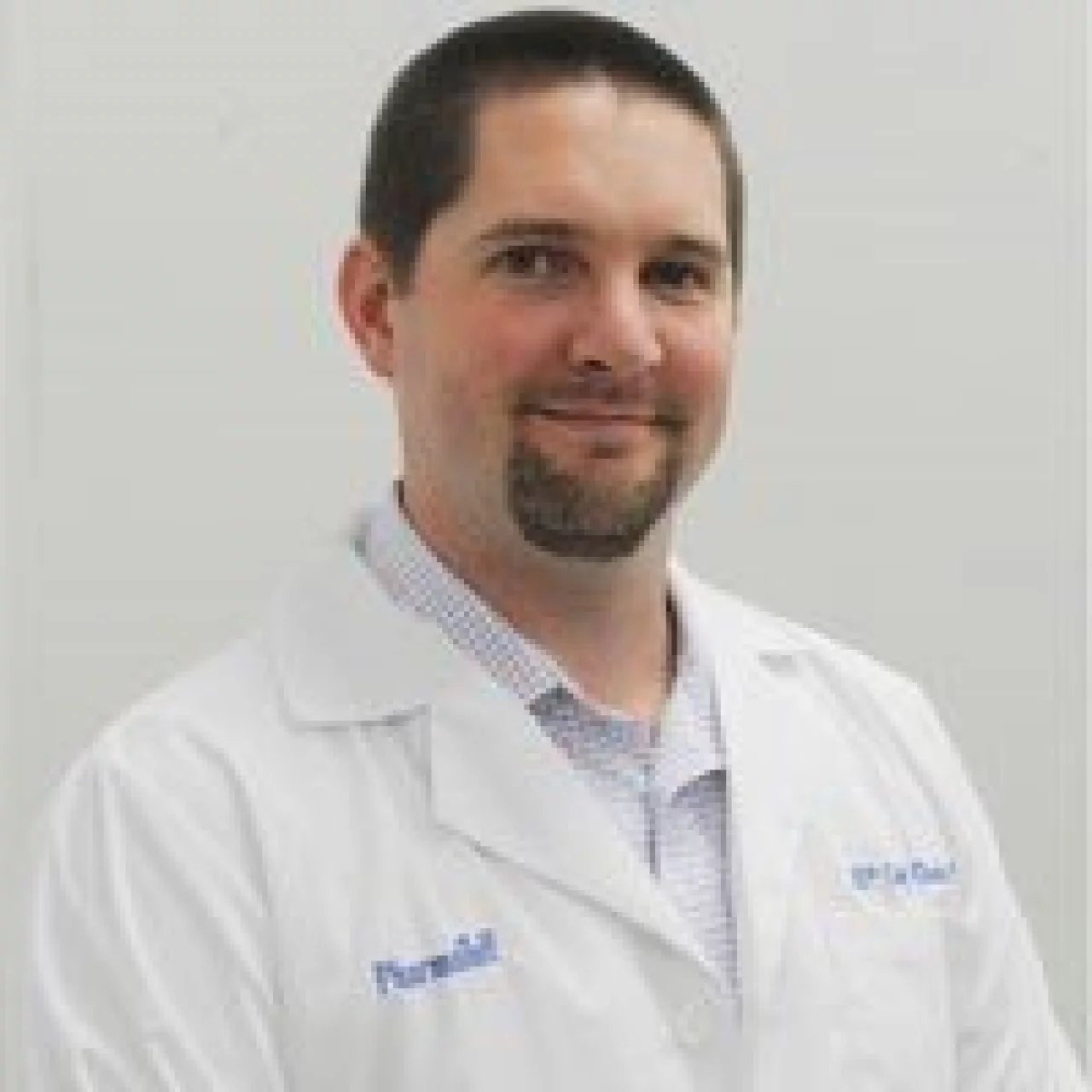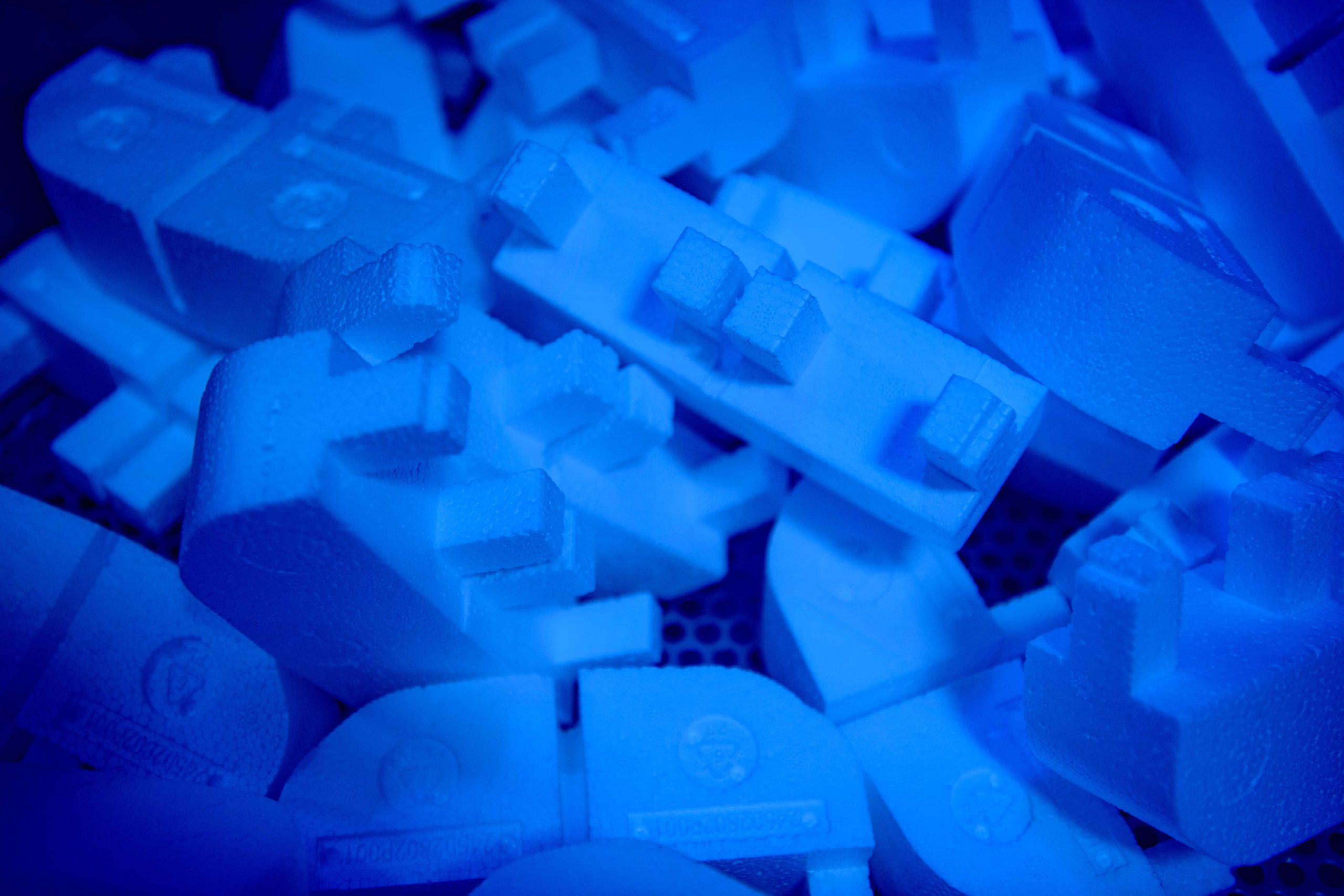COE Lab Manager, John Lawson, wrote the following article that was published and distributed during the 2018 Pack Expo in Chicago on whether or not pre-qualified systems will meet a client’s current needs.
Pre-qualified cold chain packaging is exactly what it sounds like, pre-qualified. But is pre-qualified always right for your unique application? In this article, we are going to look at some of the key elements to consider when selecting a pre-qualified system. Elements such as, does a system meet your product’s specific needs, evaluating the risk of a system failure, and how to compare the costs.
When reviewing pre-qualified options, it is important to understand how the initial qualification study was conducted. Lab testing is conducted in a controlled environment and can vary slightly from real world applications. Product conditioning, handling time, and pack out environment are all crucial pieces of information in regards to testing. Some pre-qualified systems are designed for a specific temperature profile or shipping lane. Other systems are tested against a recognized temperature profile like the ISTA 7D or 7E. Compiling lane data can be a daunting task. It takes multiple shipments from multiple locations across a number of seasonal environments to accurately predict what temperature ranges a package might encounter during transit. This is where experience can be a big advantage. Often times, 3PL’s partner with testing labs to provide technical resources to each other and share information to accurately predict these vital elements of temperature sensitive packaging.
Next let’s consider the risks associated with your product. High value products typically utilize packaging that greatly reduces the risk of spoilage. This can be achieved by using better insulating materials that are less susceptible to temperature fluctuations imposed by changes in external conditions. Materials like EPS, polyurethane, and vacuum insulated panels can be paired with different types of phase change materials (PCM’s) to achieve the desired results. Pre-qualified systems that exceed your transit time may be composed of similar materials, or may contain more PCM’s which can affect price and the size and weight of your packaging. Many 3PL’s use overnight carriers to ensure your products arrive in a timely manner. The accuracy of these services is extremely high, but weather, lost or stolen packages, and human error can disrupt this process occasionally. When evaluating your risk, it is important to compare expected transit times and how long your packaging is qualified for. One example: If you select a 24hour 2-8°C pre-qualified box, be sure to review the test data that exceeds 24 hours. Most pre-qualified systems should have a buffer built in to the qualification. This ensures “worst case” scenarios can be addressed in your risk management plan and proactive measures can be implemented as a part of that plan.
Finally, the million dollar question: What’s it going to cost? One reason pre-qualified options are an extremely popular choice is because they are ready to go “off the shelf”. Thermal packaging development and testing can be time consuming and costly. Pre-qualified systems have been through the trial and error stages and should have a pedigree of minimum and maximum payloads tested against hot and cold profiles. Transit time, shipper material, and amount/type of PCM’s all affect final price. Many people shy away from overnight shipments because of the associated cost of this service. Companies that ship large volumes of overnight packages typically see price breaks. The cost of additional PCM’s and high end insulation material needed to extend transit time out to 48, 72, and even 120 hours often times end up costing more than a smaller, overnight shipment. Pre-qualified shipping solutions can be an excellent alternative to custom cold chain packaging, but make sure you consider the items above when choosing the temperature sensitive solution that’s right for you.

John Lawson, COE Laboratory Manager

Whether you'd like to get to know more about EFP, learn more about our career opportunities or if you'd like to potentially do business, we'd love to talk with you.